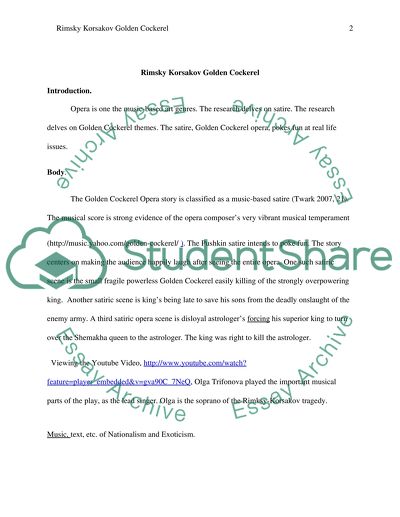Cite this document
(“Disscusion and analusis on Rimskii korsakov golden cockerel Research Paper”, n.d.)
Disscusion and analusis on Rimskii korsakov golden cockerel Research Paper. Retrieved from https://studentshare.org/music/1462776-disscusion-and-analusis-on-rimskii-korsakov-golden
Disscusion and analusis on Rimskii korsakov golden cockerel Research Paper. Retrieved from https://studentshare.org/music/1462776-disscusion-and-analusis-on-rimskii-korsakov-golden
(Disscusion and Analusis on Rimskii Korsakov Golden Cockerel Research Paper)
Disscusion and Analusis on Rimskii Korsakov Golden Cockerel Research Paper. https://studentshare.org/music/1462776-disscusion-and-analusis-on-rimskii-korsakov-golden.
Disscusion and Analusis on Rimskii Korsakov Golden Cockerel Research Paper. https://studentshare.org/music/1462776-disscusion-and-analusis-on-rimskii-korsakov-golden.
“Disscusion and Analusis on Rimskii Korsakov Golden Cockerel Research Paper”, n.d. https://studentshare.org/music/1462776-disscusion-and-analusis-on-rimskii-korsakov-golden.


